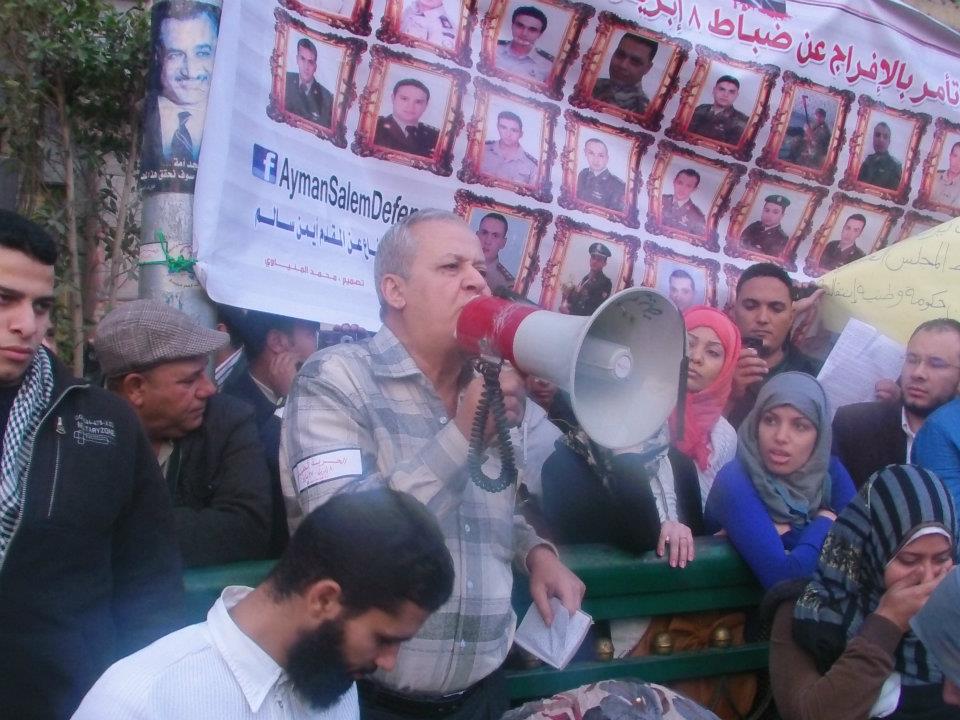NEW YORK: A leading Arab-American activist said Friday he plans to open an office in Hollywood to challenge stereotypes of Arabs and Muslims in the US entertainment industry.
The equation on American television and film is, Arab equals terrorist, said Jack Shaheen, who was in New York on Friday for a meeting of the Network of Arab-American Professionals.
The group is comprised of about 5,000 young professionals who are all around us, said Dena Zakaria, a Philadelphia lawyer whose parents come from Syria.
They re your doctors, your lawyers, your engineers, she said. They re part of the fabric of American society, they re integral to the nation s landscape. We re here to stay.
Zakaria said that despite efforts by the government and others to combat stereotypes, the perception of Arabs by American citizens is getting worse and worse.
The negative stereotypes of the Arab bad guy without a counter-image have prompted this groundswell of activism by members of the community, she said.
This year s conference will include presentations by Shaheen on his book, Reel Bad Arabs, which examines how films present Arab stereotypes; the Palestinian ambassador to the United States, Afif Safieh; and the Egyptian novelist and feminist, Nawal El Saadawi.
Shaheen, a 72-year-old Lebanese American, said he plans to set up an office in Hollywood to lobby filmmakers and television producers, and will recruit staff members this weekend at the conference.
He says he has compiled about 50 examples of films and TV programs that blend the Arab terrorist image with images of ordinary Arabs and Muslims in America.
I want these young Arab-American professionals to help squash this damaging virus of hate, he says. The only way that can happen is if they can take steps to meet with producers, writers, directors and not let these manufactured prejudices continue.
The organization was founded in January 2001, nine months before Sept. 11.
Yasmin Hamidi, a network spokeswoman, said the terror attacks fueled the growth of the organization.
Arabs and Muslims in America felt an urgent need to organize because the community was under increased scrutiny, Hamidi said. Associated Press

